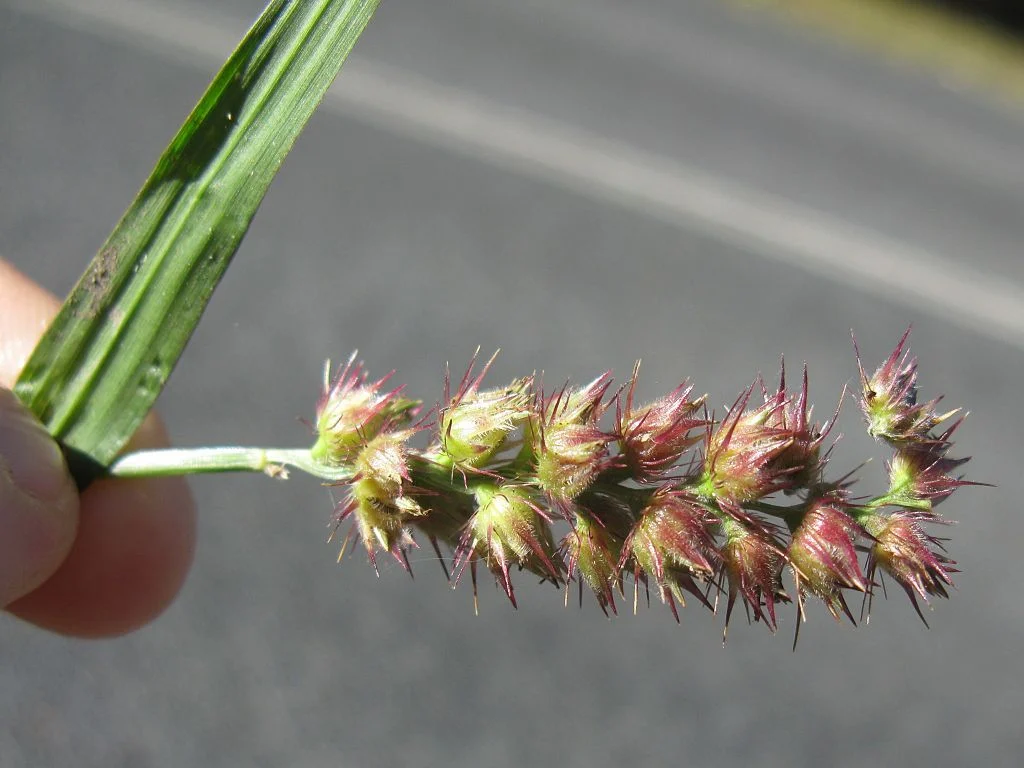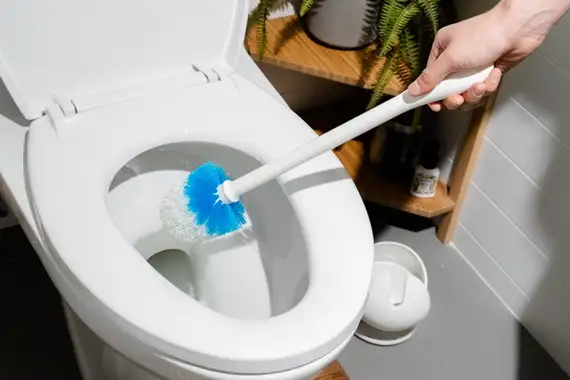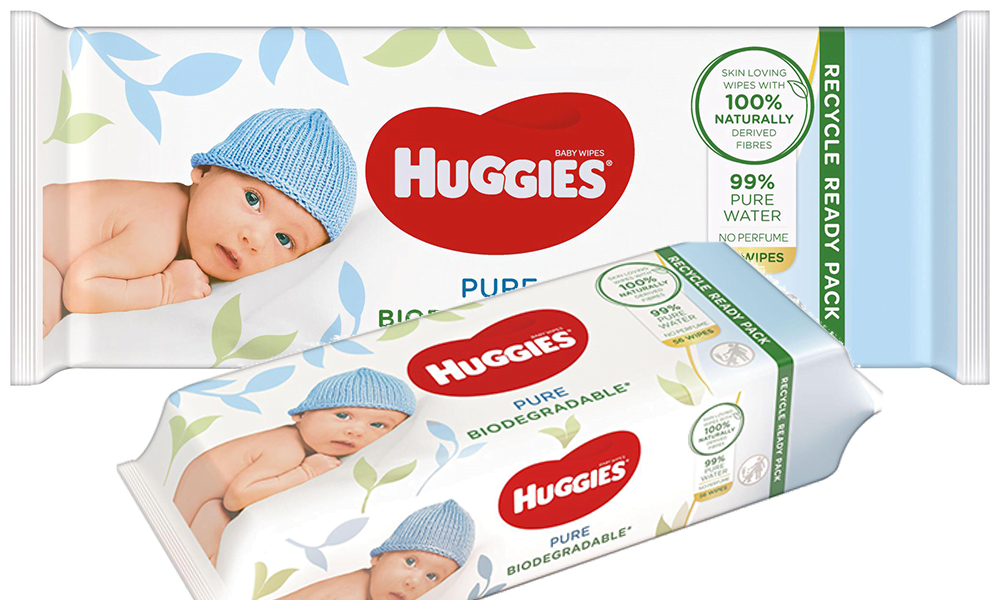There is nothing more stressful than seeing your lawn, garden, and driveway covered in hydraulic fluid. It’s messy, it’s a stain on your property and it can be hard to remove.
You may think that you have to call a professional cleaning company to have the mess removed, but that’s not true. You can do it yourself with some simple steps.
Continue reading this to learn more
Can you wash off hydraulic oil?
Yes. Hydraulic fluid is a petroleum-based product and will wash off grass and soil if it is not allowed to soak in for a long time. The longer it sits, the harder it will be to remove.
What removes hydraulic fluid?
Dish Liquid Soap
Dish liquid soap can be used to clean up small spills of hydraulic fluid from concrete, asphalt, and other hard surfaces. It works best when the oil has not soaked into the ground or pavement.
It takes some scrubbing with a mild detergent, but this method works well in a pinch.
Vinegar
Vinegar has been known to clean up many types of spills including motor oils and lubricants from asphalt and concrete.
It has also been known to remove stains from clothing that have been stained by oil spills
Water
Water can be used as long as it does not contain any dirt or debris that could cause an electrical hazard or short-circuit your equipment’s electrical system.
You should avoid using water if possible because it can cause rusting on metal parts such as bearings or gear teeth unless the affected parts are thoroughly cleaned with acetone or mineral spirits.
How to Clean Hydraulic Fluid Off Grass
If you accidentally spill hydraulic fluid on your lawn, you can use home techniques to clean it up. The hydraulic fluid contains a variety of chemicals, including detergents, solvents, and biocides. If the fluid is not diluted with water, it can kill grass or other plants through direct contact or through leaching into the soil.
Step 1
Dig out contaminated soil and replace it with fresh soil. For example, if you spill a gallon of hydraulic fluid that didn’t dilute in water, dig out about 3 feet around the spill area and replace it with new soil.
Step 2
Remove any dead grass or plants from the area around the spill. You’ll want to remove as much of this material as possible before cleaning because it will likely be contaminated as well.
Step 3
Mix 1 tablespoon of dishwashing liquid with 1 gallon of water in a bucket. Mix well until there are no lumps left in the solution.
Pour this mixture over the affected area using a watering can or hose sprayer so that all affected soil is wetted thoroughly with the solution.
Let this sit on top of the soil for 24 hours before proceeding further with cleanup efforts.
FAQs
How Long Does It Take For Hydraulic Oil To Kill Grass?
While some types of hydraulic oils may kill grass immediately upon contact with it, most types take several hours or even days before they start having an effect on the grass.
This means that if you wash off any spills as soon as possible, then your grass should not suffer any permanent damage from the incident.
Does hydraulic fluid contaminate soil?
Hydraulic fluid does not contaminate soil, but it will kill grass if it is left on the lawn for more than 24 hours.
The best way to remove hydraulic fluid from your lawn is by using Dawn dish soap, which will break down the oil so that it can be washed away with water.
How do you remove hydraulic fluid from soil?
Soil is a good medium for holding on to oil, but it’s not that hard to remove. The first thing you want to do is make sure the area around the spill has been cleaned up and all the oil absorbed by rags and towels has been disposed of properly.
You can then use dishwashing liquid like Dawn or Joy to break down the oil and loosen it from the soil. It might take several applications before all of it is gone, but this should work for small quantities of hydraulic fluid on dirt.
How do you remove hydraulic oil from driveway?
You can use Dawn dish soap or another heavy-duty detergent to clean off hydraulic fluid from concrete driveways. Just spray it with some cleaner and scrub with a stiff brush and warm water until all traces are gone; then rinse with fresh water.
This method works on asphalt too, but be careful not to use anything abrasive as it can damage your driveway.
How do you remove hydraulic fluid from pavers?
The best way to clean up the mess is to use a pressure washer. This will remove most of the oil, but in some cases, it may take several applications.
Make sure you wear rubber gloves and eye protection since the high-pressure water can cause serious injury.
Is hydraulic fluid toxic?
Hydraulic oil is not considered toxic, but it may contain chemicals that are harmful if ingested by humans or pets. It can also be absorbed through the skin, so make sure to wash your hands thoroughly after handling this type of product.
If you notice any irritation or other symptoms such as nausea, dizziness, or vomiting after coming in contact with hydraulic oil then seek medical attention immediately.
How long does hydraulic oil stay in soil?
Hydraulic oil does not stay in the soil for very long because it absorbs into plants very quickly and then evaporates into the air when exposed to warm temperatures.
It may take several weeks for all traces of this substance to disappear from your lawn once it has been spilled on bare ground or pavement.




